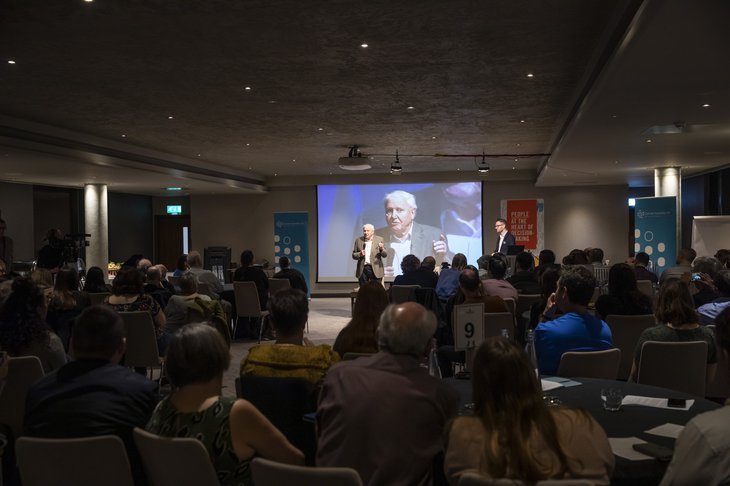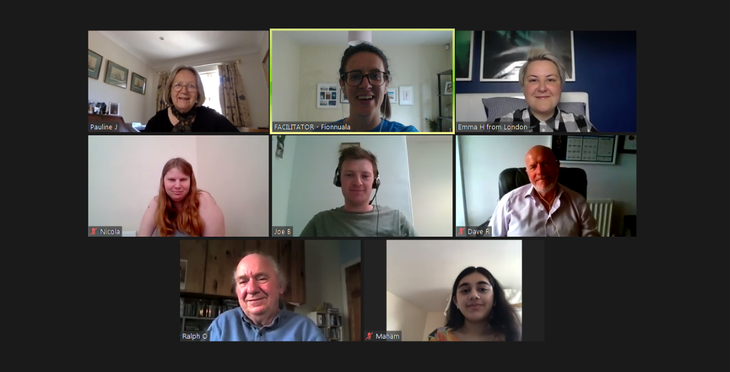Climate Assembly UK brought together people from all walks of life to discuss how the UK can reduce greenhouse gas emissions to net zero by 2050. At the assembly, participants learnt about climate change and how the UK can address it, took time to discuss this with one another, and then made recommendations about what should happen.

In June 2019, six Select Committees of the House of Commons called a citizens’ assembly to understand public preferences on how the UK should tackle climate change because of the impact these decisions will have on people’s lives. A Select Committee is a group of MPs from different political parties – they examine policy issues, hold the Government to account and make proposals for new laws.
The six Select Committees involved were Business Energy and Industrial Strategy; Environmental Audit; Housing, Communities and Local Government, Science and Technology; Transport; and Treasury.
‘Climate Assembly UK: the path to net zero’ considered how the UK can meet the Government’s legally binding target to reduce greenhouse gas emissions to net zero by 2050. This means that by 2050 the UK will have to reduce the amount of greenhouse gases it produces to a much lower level than today. It will also have to balance any remaining emissions by absorbing the same amount from the atmosphere. The actions required to do this will change the way we heat our homes, what we buy, how we travel, and many other aspects of our lives, as all of these result in emissions in some way. What exactly these impacts are will depend on what the UK does to meet its target, and how it does it.
Climate Assembly UK members discussed these questions. The members were selected from different walks of life, shades of opinion, and from throughout the UK to form a representative sample of the UK’s population.

The outcomes of their discussions, which were held in central Birmingham from January to March 2020 and then online following the UK's outbreak of coronavirus, were presented to the six select committees in a report in September 2020. The committees will use them as a basis for detailed work on implementing the assembly’s recommendations. The Business, Energy and Industrial Strategy Committee launched an inquiry on the findings of the Assembly's report, and debated this in the House of Commons. This Assembly provided an unprecedented opportunity for the public to contribute to climate change debate, and to influence action taken by Government and Parliament.
The work of Climate Assembly UK is designed to strengthen and support the UK’s parliamentary democracy by ensuring politicians and policy makers have the best possible evidence available to them about public preferences on reaching the net zero target. Parliament will use the report to support its work on scrutinising the Government’s climate change policy and progress on the target.
The House of Commons contracted three organisations to run Climate Assembly UK on its behalf – The Involve Foundation (‘Involve’), Sortition Foundation, and mySociety. Read more about who was involved in running Climate Assembly UK here.